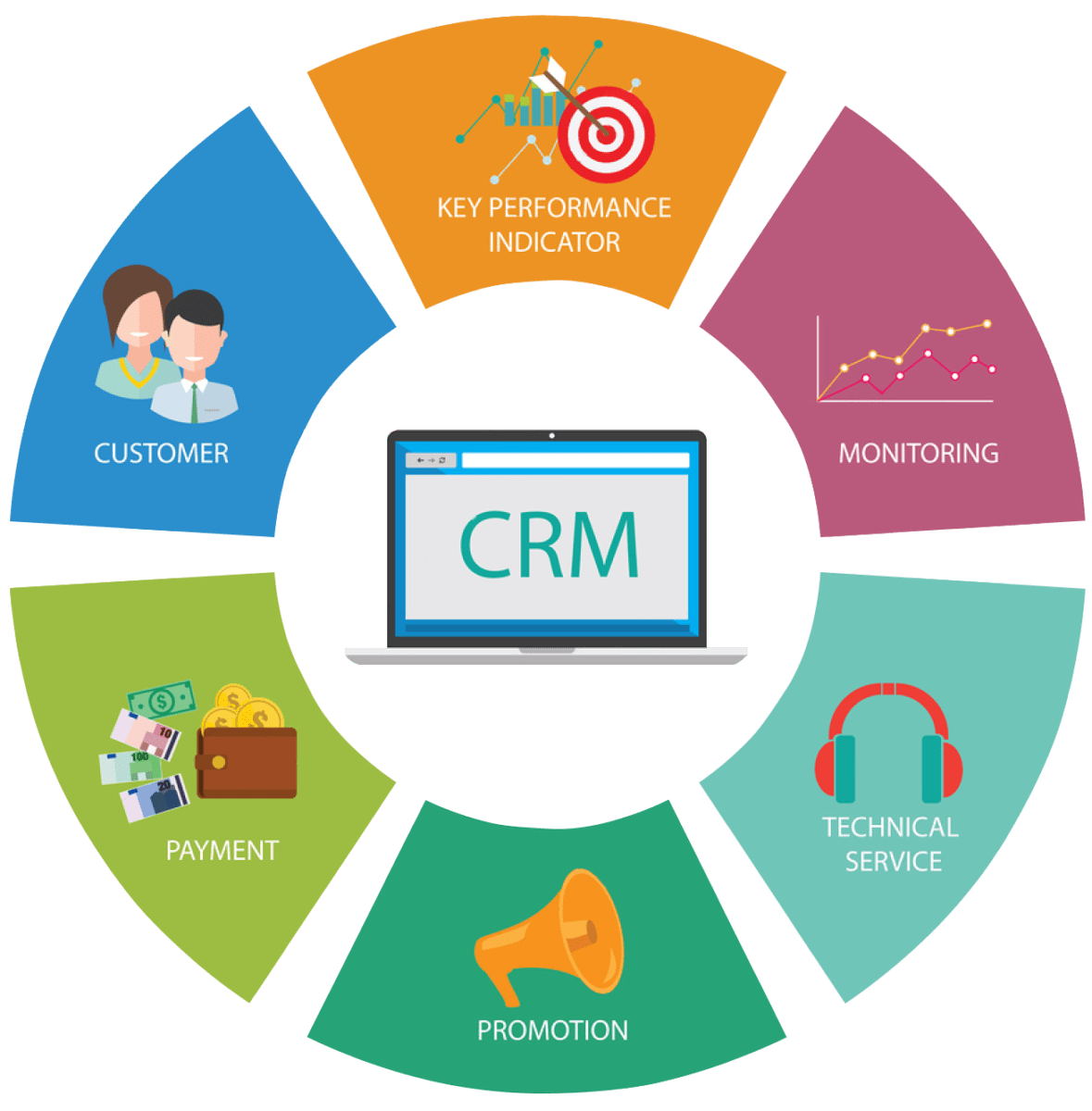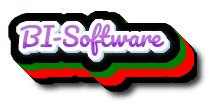In today’s fast-paced digital landscape, managing customer relationships has become a crucial aspect of business success. Customer Relationship Management (CRM) software has emerged as a game-changer, enabling businesses to streamline interactions, enhance customer satisfaction, and drive growth. In this article, we’ll delve into the world of CRM web-based software, exploring its benefits, features, and best practices.

What is CRM Web-Based Software?
CRM web-based software is a cloud-based solution that allows businesses to manage customer interactions, sales, marketing, and customer support activities from a single platform. It provides a centralized database to store customer information, interactions, and preferences, providing a 360-degree view of each customer.
Benefits of CRM Web-Based Software
- Improved Customer Insights: CRM software provides a unified view of customer interactions, helping businesses to understand customer behavior, preferences, and needs.
- Enhanced Customer Experience: By personalizing interactions and providing timely support, businesses can improve customer satisfaction and loyalty.
- Increased Sales: CRM software helps businesses to identify sales opportunities, track leads, and analyze sales performance, leading to increased revenue.
- Streamlined Processes: Automation of routine tasks, such as data entry and follow-up emails, frees up staff to focus on high-value activities.
- Improved Collaboration: CRM software enables teams to collaborate more effectively, sharing information and working together to achieve common goals.
Key Features of CRM Web-Based Software
- Contact Management: Store customer contact information, including names, email addresses, phone numbers, and social media profiles.
- Lead Management: Track leads, manage sales pipelines, and analyze sales performance.
- Sales Automation: Automate routine sales tasks, such as sending follow-up emails and reminders.
- Marketing Automation: Automate marketing campaigns, including email marketing and social media marketing.
- Customer Support: Provide timely support through ticketing systems, chatbots, and knowledge bases.
- Analytics and Reporting: Analyze customer data, track key performance indicators (KPIs), and generate reports.
Best Practices for Implementing CRM Web-Based Software
- Start Small: Begin with a basic implementation and gradually add features and functionalities.
- Train Staff: Provide comprehensive training to ensure staff understand the software and its benefits.
- Customize: Tailor the software to meet specific business needs and requirements.
- Monitor and Analyze: Regularly review performance metrics and adjust strategies accordingly.
- Integrate: Integrate the CRM software with other business systems, such as email marketing and accounting software.
Popular CRM Web-Based Software Options
- Salesforce: A comprehensive CRM platform with advanced features and customization options.
- HubSpot: An all-in-one CRM and marketing platform with a user-friendly interface.
- Zoho CRM: A robust CRM platform with a range of features and a free trial option.
- Freshsales: A cloud-based CRM software with a focus on sales and lead management.
- Pipedrive: A CRM platform designed specifically for sales teams and pipeline management.
Overcoming Common Challenges
- Data Migration: Encourage staff to input customer data accurately and consistently.
- Change Management: Communicate the benefits of CRM software to staff and provide training and support.
- Customization: Work with the software vendor to tailor the solution to meet specific business needs.
- Integration: Ensure seamless integration with other business systems to avoid duplication of work.
Conclusion
In conclusion, CRM web-based software has revolutionized the way businesses interact with customers. By providing a centralized platform for managing customer relationships, sales, marketing, and customer support activities, CRM software has become an essential tool for businesses of all sizes. By understanding the benefits, features, and best practices of CRM web-based software, businesses can transform their customer relationships, drive growth, and stay ahead of the competition.
FAQs
What is CRM software?
CRM software is a platform that helps businesses manage customer interactions, sales, marketing, and customer support activities.What are the benefits of CRM web-based software?
Benefits include improved customer insights, enhanced customer experience, increased sales, streamlined processes, and improved collaboration.What are the key features of CRM web-based software?
Key features include contact management, lead management, sales automation, marketing automation, customer support, analytics, and reporting.How do I choose the right CRM software for my business?
Consider the size and complexity of your business, the level of customization needed, and the costs involved.How do I implement CRM software successfully?
Start small, train staff, customize, monitor and analyze, and integrate with other business systems.Can I use CRM software on mobile devices?
Yes, many CRM software options have mobile apps that enable users to access and update data on-the-go.Is CRM software secure?
Yes, reputable CRM software vendors prioritize data security and provide robust security measures to protect customer data.How much does CRM software cost?
Costs vary depending on the vendor, the number of users, and the level of customization required.
Closure
Thus, we hope this article has provided valuable insights into The Power of CRM Web-Based Software: Transforming Business Relationships. We hope you find this article informative and beneficial. See you in our next article!
